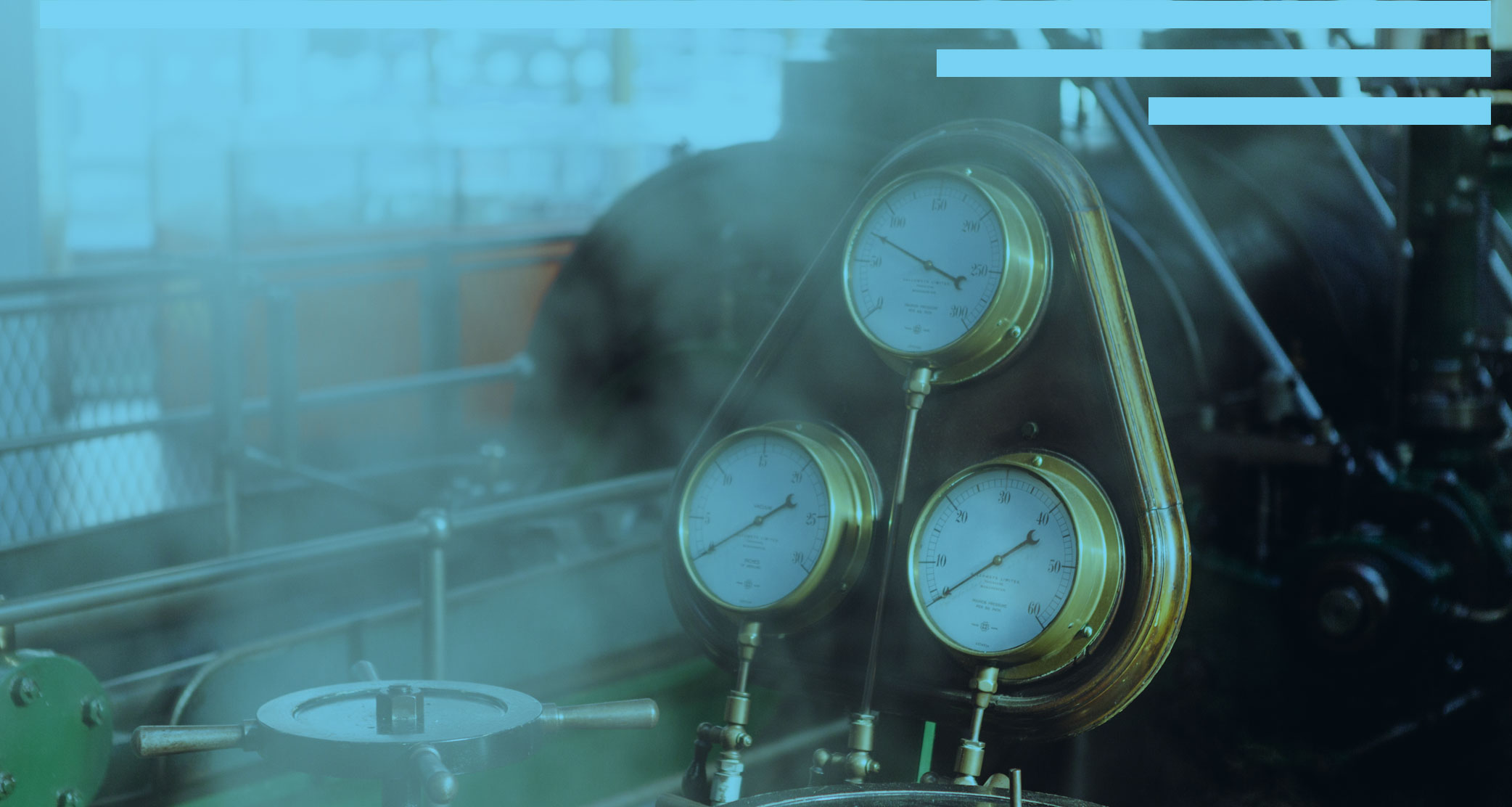

No results were found.
Views: 5949
Scientists involved in a historic "Big Bang" experiment to begin this week hope it will turn up many surprises about the universe and its origins -- but reject suggestions it will bring the end of the world.The world's most powerful particle accelerator will be launched on Wednesday (September 10) at the European Organisation for Nuclear Research (CERN), based in Geneva. The Large Hadron Collider (LHC) is in an underground ring tunnel of 27 kilometres (17 miles) beneath the French-Swiss border. Scientists will recreate conditions just after what was known as "The Big Bang" by colliding two beams of particles at close to the speed of light in a bid to understand the origins of the universe. Critics say the $9 billion dollar project is a doomsday machine that could destroy the planet. They fear the experiment could generate black holes that could gobble up the earth - a theory CERN scientists reject.Helen Long reports from Reuters.
Views: 5949
Scientists involved in a historic "Big Bang" experiment to begin this week hope it will turn up many surprises about the universe and its origins -- but reject suggestions it will bring the end of the world.The world's most powerful particle accelerator will be launched on Wednesday (September 10) at the European Organisation for Nuclear Research (CERN), based in Geneva. The Large Hadron Collider (LHC) is in an underground ring tunnel of 27 kilometres (17 miles) beneath the French-Swiss border. Scientists will recreate conditions just after what was known as "The Big Bang" by colliding two beams of particles at close to the speed of light in a bid to understand the origins of the universe. Critics say the $9 billion dollar project is a doomsday machine that could destroy the planet. They fear the experiment could generate black holes that could gobble up the earth - a theory CERN scientists reject.Helen Long reports from Reuters.
Views: 5949
Scientists involved in a historic "Big Bang" experiment to begin this week hope it will turn up many surprises about the universe and its origins -- but reject suggestions it will bring the end of the world.The world's most powerful particle accelerator will be launched on Wednesday (September 10) at the European Organisation for Nuclear Research (CERN), based in Geneva. The Large Hadron Collider (LHC) is in an underground ring tunnel of 27 kilometres (17 miles) beneath the French-Swiss border. Scientists will recreate conditions just after what was known as "The Big Bang" by colliding two beams of particles at close to the speed of light in a bid to understand the origins of the universe. Critics say the $9 billion dollar project is a doomsday machine that could destroy the planet. They fear the experiment could generate black holes that could gobble up the earth - a theory CERN scientists reject.Helen Long reports from Reuters.
Views: 5949
Scientists involved in a historic "Big Bang" experiment to begin this week hope it will turn up many surprises about the universe and its origins -- but reject suggestions it will bring the end of the world.The world's most powerful particle accelerator will be launched on Wednesday (September 10) at the European Organisation for Nuclear Research (CERN), based in Geneva. The Large Hadron Collider (LHC) is in an underground ring tunnel of 27 kilometres (17 miles) beneath the French-Swiss border. Scientists will recreate conditions just after what was known as "The Big Bang" by colliding two beams of particles at close to the speed of light in a bid to understand the origins of the universe. Critics say the $9 billion dollar project is a doomsday machine that could destroy the planet. They fear the experiment could generate black holes that could gobble up the earth - a theory CERN scientists reject.Helen Long reports from Reuters.